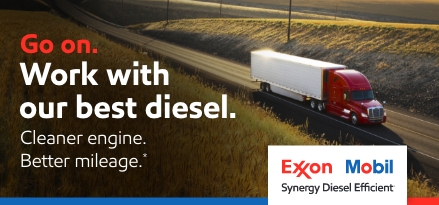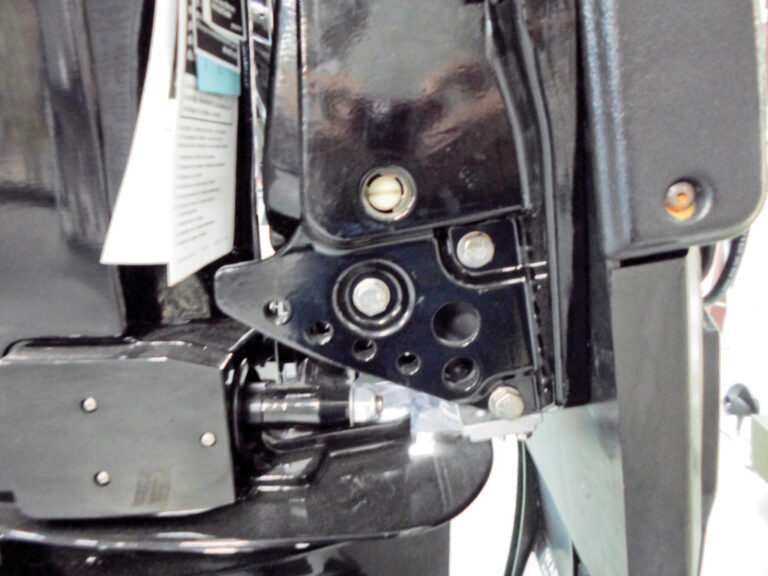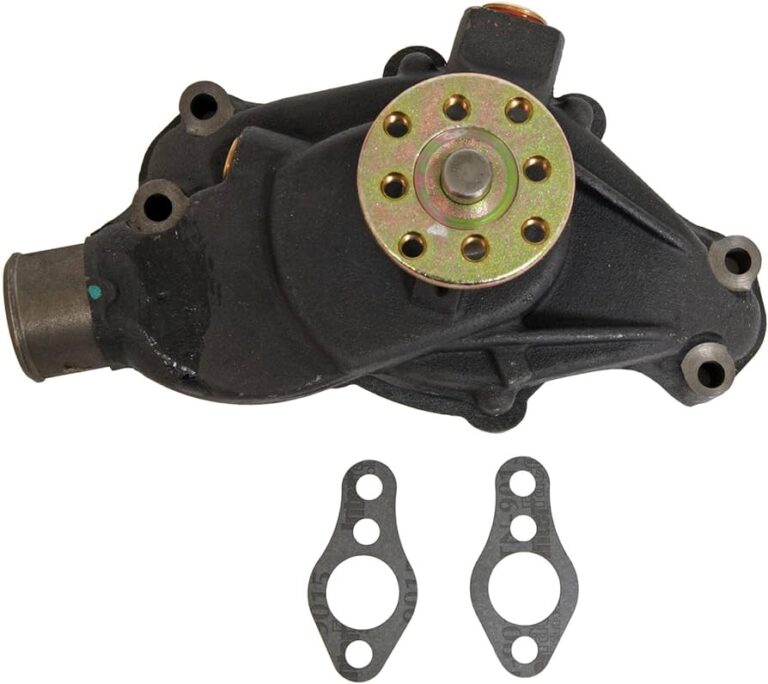Can You Flood a Diesel Engine? Find Out the Shocking Truth!
No, you cannot flood a diesel engine. Diesel engines work differently than petrol engines and are not at risk of being flooded with fuel.
Diesel engines are known for their durability and efficiency, but there may still be some misconceptions about how they operate. One common question that arises is whether a diesel engine can be flooded. Unlike a petrol engine, which can be flooded if too much fuel enters the combustion chambers, diesel engines are designed to handle a higher fuel-to-air ratio.
This means that flooding, in the traditional sense, is not a concern for diesel engines. However, there are still situations where a diesel engine may experience issues due to an excessive amount of fuel or other factors. We will explore the concept of flooding in a diesel engine and discuss the implications it may have.

Credit: themodelhealthshow.com
Signs Of A Flooded Diesel Engine
Signs of a Flooded Diesel Engine:
|
In short, if you notice a strong smell of petrol near the exhaust, black smoke coming from the exhaust, your engine not starting or starting and quickly dying, or a fast cranking/whirring sound when turning the key, it is possible that your diesel engine is flooded. Unlike petrol engines, diesel engines are generally not at risk of being flooded with fuel. However, if any of these signs are present, it’s essential to address the issue promptly. Consult a professional mechanic to diagnose and resolve the problem, as attempting to start a flooded diesel engine can lead to further damage. Remember to prioritize safety and proper maintenance to keep your diesel engine running smoothly.
Why Diesel Engine Cranks But Doesn’T Start
Fuel problem is the most common cause. Air in the fuel lines or a clogged filter can prevent a diesel engine from starting. If you suspect a fuel issue, the first step is to bleed the fuel lines. This will help remove any air that may have entered the system. If bleeding the fuel lines doesn’t solve the problem, then it’s recommended to change the fuel filter. A clogged filter can also restrict the flow of fuel and cause starting issues.
Effects Of Water In Diesel Fuel Systems
|
Water in a diesel fuel system can have detrimental effects. One of the main issues is that water causes rust in steel and iron components, leading to the formation of loose particles of iron oxide. These rust particles can easily clog fuel filters, causing fuel flow issues and potential engine damage. Additionally, the presence of water in the fuel system can lead to other problems such as difficulty starting the engine or the engine starting but quickly dying. It is important to address any water contamination in a diesel fuel system promptly to prevent further damage. Regular maintenance and proper fuel storage practices can help minimize the risk of water entering the system and causing these issues. |
How To Ruin A Diesel Engine Quickly
|
How to Ruin a Diesel Engine Quickly
Running a diesel engine on gasoline can quickly lead to various issues. One of the most common problems is melted glow plugs and burnt pistons. This occurs due to the different combustion properties of gasoline compared to diesel fuel. Detecting this issue can be done by draining the fuel out of the filters, pump, and injectors. It is important to address this problem promptly, as continued use of gasoline in a diesel engine can cause severe damage and expensive repairs. If you suspect that your diesel engine has been flooded with gasoline, it is best to consult with a professional mechanic to assess the extent of the damage and provide appropriate solutions. Remember, prevention is always better than cure when it comes to maintaining the longevity and performance of your diesel engine. |
Fixing A Flooded Diesel Engine
| Can You Flood a Diesel Engine |
|
Unlike petrol engines, diesel engines are not typically prone to flooding. However, there can be situations where a diesel engine may become flooded with fuel, causing problems with starting and performance. If you suspect that your diesel engine is flooded, look out for the following signs:
If you experience these symptoms, there are a few steps you can take to fix a flooded diesel engine. First, try bleeding the fuel lines to remove any trapped air or clogs. If this doesn’t work, consider changing the fuel filter as it may be clogged. Additionally, make sure that there is no water in the fuel system, as water can cause rust and clog filters. It’s important to note that attempting to fix a flooded diesel engine should be done by a qualified mechanic or technician to prevent further damage. By addressing the fuel problem and taking appropriate measures, you can get your diesel engine back in working condition. |
Frequently Asked Questions For Can You Flood A Diesel Engine
How Do I Know If My Diesel Engine Is Flooded?
Signs of a flooded diesel engine include a strong smell of petrol near the exhaust, black smoke from the exhaust, engine not starting or quickly dying, and a fast cranking or whirring sound when turning the key in the ignition.
Fuel problems like air in the lines or a clogged filter can cause a diesel engine to crank but not start. Water in the fuel system can also lead to rusting and clogged fuel filters. However, diesel engines are not usually at risk of being flooded with fuel.
Why Is My Diesel Cranking But Not Starting?
If your diesel engine cranks but won’t start, it’s likely a fuel issue. Air in the fuel lines or a clogged filter are common culprits. Try bleeding the fuel lines or changing the filter.
What Happens To Diesel When Water Gets In?
When water gets into diesel, it causes rusting which can clog fuel filters.
What’S The Fastest Way To Ruin A Diesel Engine?
Running a diesel engine on gasoline is the fastest way to ruin it. This can cause damage to the glow plugs and pistons. To fix it, drain the fuel from the filters, pump, and injectors.
Conclusion
Can flood a diesel engine by running the tank dry. This can lead to air getting into the fuel system and causing it to not start or quickly die. However, in general, diesel engines are not at a high risk of being flooded with fuel like petrol engines.
Flooding a diesel engine would require a serious malfunction of the fuel injection system. Overall, it is important to take proper care of your diesel engine to avoid any potential flooding issues.








